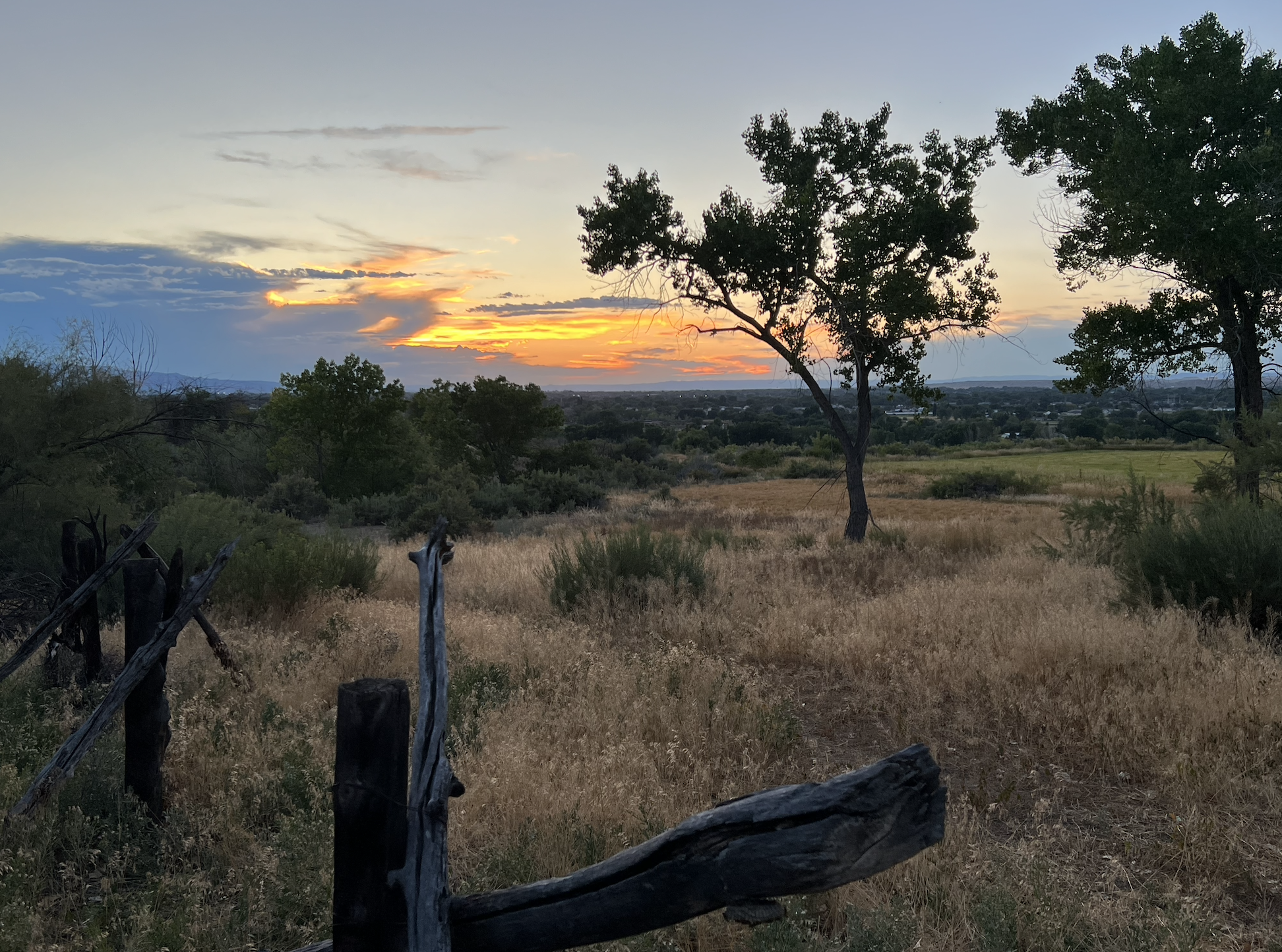Over the last few weeks I’ve talked and emailed several times with my friend Bob Stilger. Bob and I met in the late 1990s while working through The Berkana Institute. Bob, like Berkana, has always embodied a spirit of dialogue and inquiry that has inspired me.
One of our conversation topics has been this idea of “unknowable futures.” The entry point for our conversations has been a couple of workshops that Bob and I are involved in creating. And more specifically, Bob has many years, decades really, of working and living in Japan. Most recently, this has included learning journeys to Japan to explore thriving after disasters.
Disaster, thriving, calling communities back to life — these are all entry points. The real focus that I appreciate in Bob is the call to being in the unknowable. Becoming comfortably uncomfortable with uncertainty.
It occurred to me that there is an important distinction between “unknowable” and “unknown.” And unknown future has some implication that it can be known. If we try harder. If we learn more. If we prepare more thoroughly. It feels like good old due diligence. There are times when this is essential.
But Bob is saying something else. An “unknowable” future is one that cannot be known regardless of the due diligence efforts. The unknowable is not an interruption from which we will soon return to the normal. “Unknowable” is increasingly the new normal.
The unknowable highlights qualities and practices needed. Individually and together. Personally and professionally. The unknowable requires ways of being that release us from the fallacy of knowing. It requires dispositions of curiosity, non-judgement, and compassion for self and others. It requires keen honesty and emotional literacy.
These may be categories of life-long practice. Yes, all of us can get better. But I believe they are required and possible now. Just starting somewhere.
Thanks Bob.
